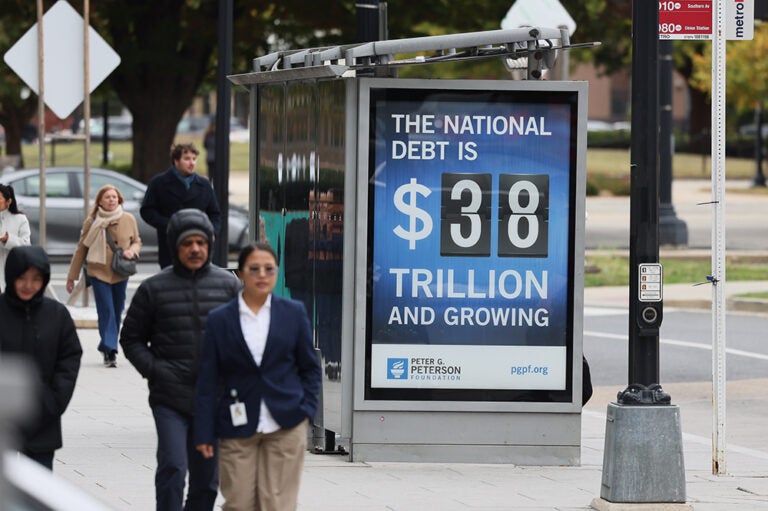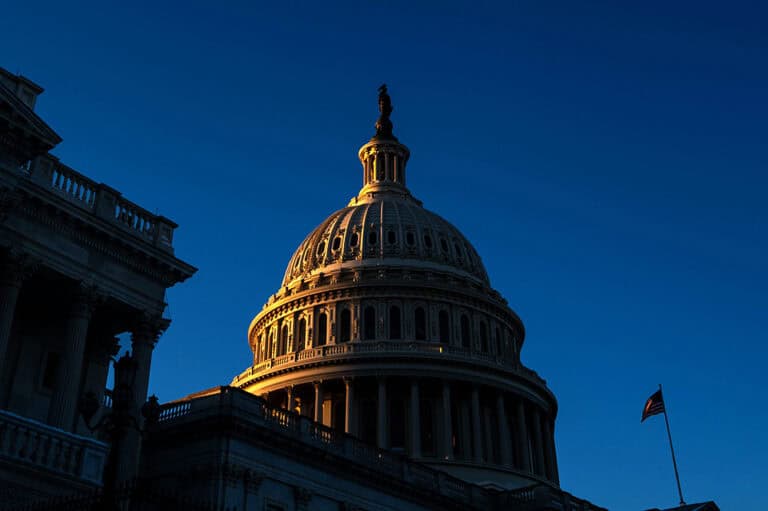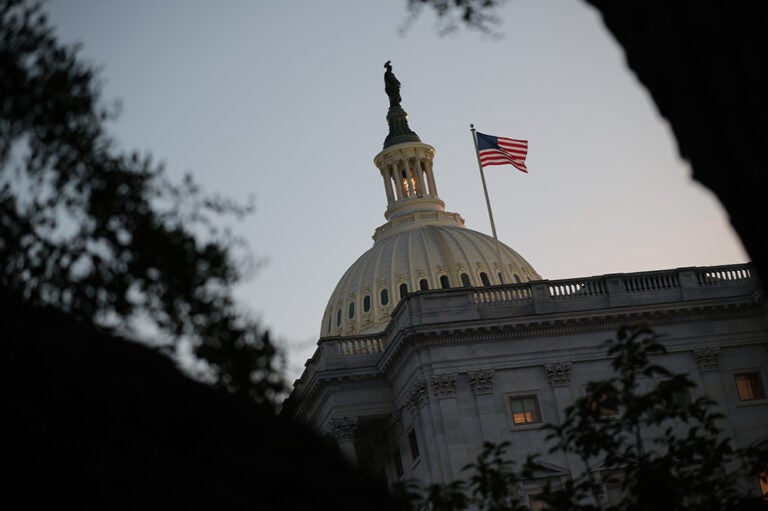As we enter the final stretch of the 2024 election, Vice President Harris and former President Trump are tied across swing states – and new polling shows that the national debt is a critical issue for voters in these decisive states. More than 9-in-10 voters across seven key states — Arizona, Georgia, Michigan, Nevada, North Carolina, Pennsylvania and Wisconsin — say it’s important for candidates to have a plan for the debt, including 95% of Harris voters, 97% of Trump voters and 95% of undecided voters.
Additionally, 3-in-4 voters in these battleground states say they want candidates to talk more about the debt and their plans to address it – outpacing the percentages of voters who say the same for other hot button election issues including immigration, abortion, climate change and foreign policy.
Thus far neither candidate has put forward a plan to address or $35 trillion national debt. A recent analysis from the Committee for a Responsible Federal Budget estimated that Harris’s campaign plan would increase the debt by $3.50 trillion through 2035, while President Trump’s plan would increase the debt by $7.50 trillion. But there’s still time for candidates to put forward plans, and there are many policy options to choose from.

Further Reading
What Is the National Debt Costing Us?
Programs that millions of Americans depend on and care about may be feeling a squeeze from interest costs on our high and rising national debt.
Interest Costs on the National Debt Are Reaching All-Time Highs
The most recent CBO projections confirm once again that America’s fiscal outlook is on an unsustainable path — increasingly driven by higher interest costs.
New Report: National Debt Outlook Gets Worse as Interest Costs Exceed $1 Trillion Annually
A new CBO report shows that the national debt outlook worsened from last year’s projections.


